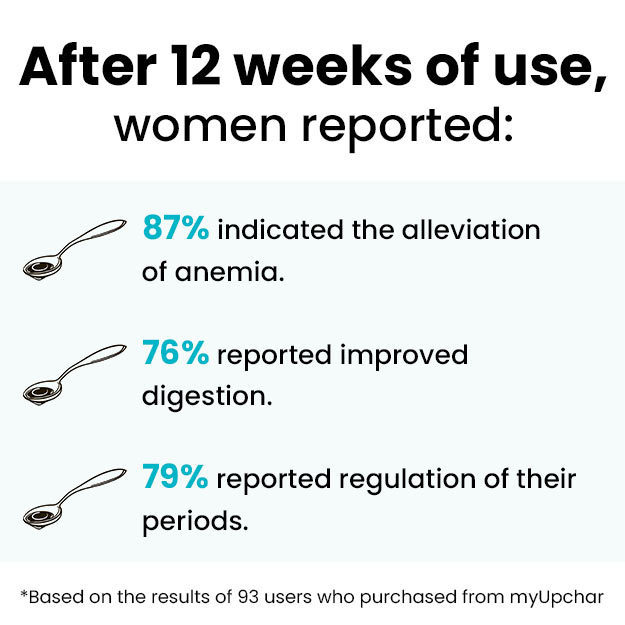What is Urine Protein test?
A urine protein test is a screening test performed to check for kidney function. Proteins are vital components of our body that perform the following functions:
- Help to build bones and muscles
- Prevent infection
- Nourish tissues
- Transport hormones, vitamins and other nutrients throughout the body
- Maintain the proper amount of fluid circulating throughout the body
Normally our kidneys retain proteins and other essential nutrients in the blood. So a healthy person would not have proteins in their urine. However, if a person has kidney damage, their kidneys are unable to retain proteins in the body. These proteins then leak into the urine. The presence of proteins in the urine is a sign of kidney disease.
Albumin is the most common type of protein in the blood. Due to its small size, albumin is also one of the first proteins to escape into the urine whenever there is kidney damage.
(Read more: What is total protein test?)


































